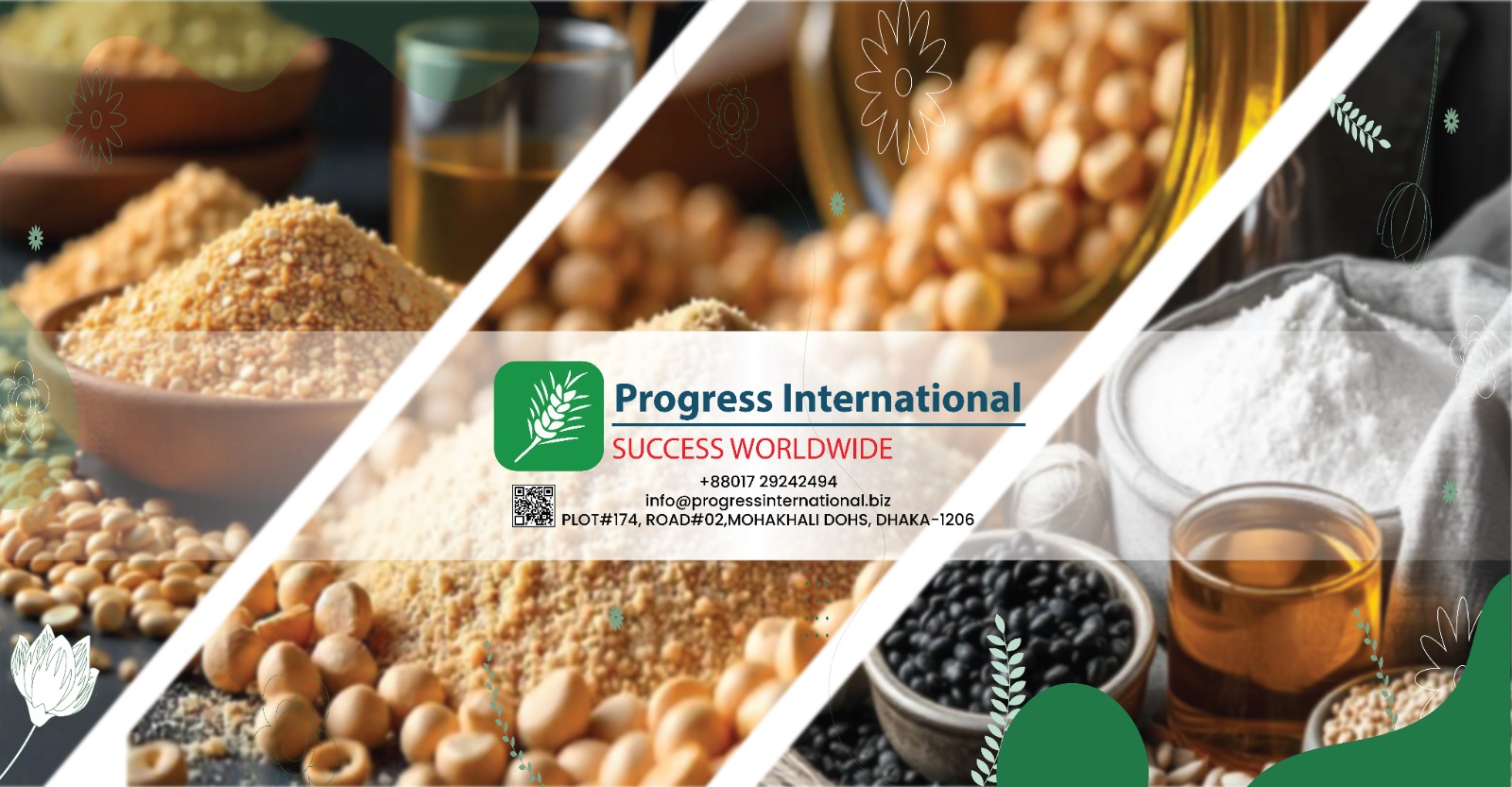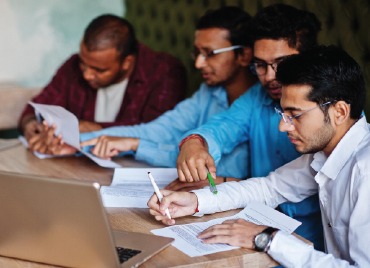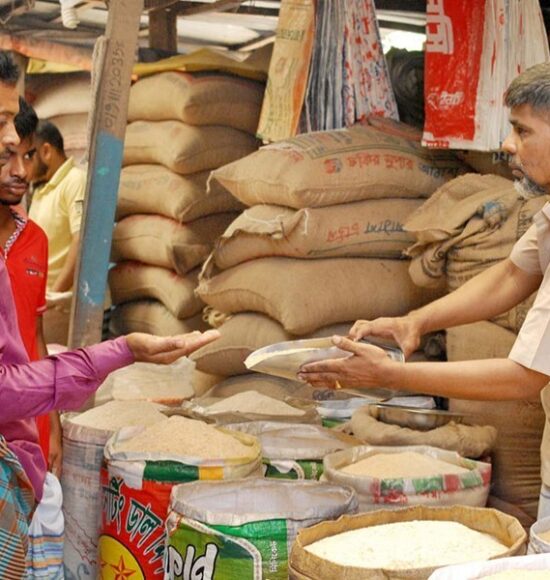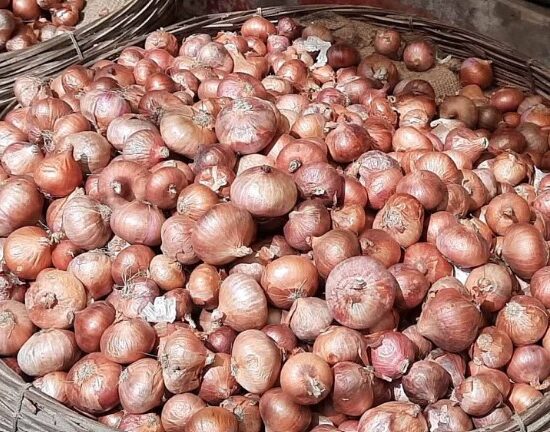

We Are The Leader to Build there Business Success
Quality Services
Transparent Processing
business reports.
business planing
happy customers.
Our Special Services
We Offer Business Insight World Class Consulting
Frequently Ask & Questions For Business
What are the major commodities traded in Bangladesh?
Bangladesh mainly trades agricultural commodities like rice, wheat, pulses (red lentils, yellow peas, Chickpeas, Mung), sugar, and edible oils. Other key commodities include textiles (cotton), jute, and raw materials like fertilizer, coal, and energy resources (natural gas, and petroleum products).
How does the commodity market function in Bangladesh?
The Bangladesh commodity market operates through a combination of local trading and international imports. Commodities are traded via spot markets, futures contracts, and long-term agreements, with prices influenced by global supply and demand, exchange rates, and government policies.
Who are the main exporters of wheat, red lentils, and sugar to Bangladesh?
The main exporters of wheat to Bangladesh are countries like Russia, Ukraine, and India. For red lentils, Canada, Australia, and Turkey are key suppliers. Sugar is primarily imported from Brazil, Thailand, and India due to their large-scale production and competitive pricing.
How is the quality of wheat, red lentils, and sugar determined in Bangladesh?
The quality of these commodities is assessed based on international standards. Wheat is graded by protein content, moisture level, and foreign material content. Red lentils are judged based on size, color, and the absence of defects. Sugar is graded by ICUMSA units, which measure purity and color, with lower ICUMSA values indicating higher quality.
What are the key challenges in Bangladesh's commodity trade market?
The main challenges include price volatility, inadequate infrastructure, reliance on imports for essential commodities, and exposure to global market fluctuations. Additionally, issues like inefficient logistics, storage facilities, and the impact of climate change on agriculture add complexity to commodity trade.
How do businesses manage risk in Bangladesh’s commodity market?
Risk is managed through hedging strategies, long-term contracts, and diversifying suppliers. Businesses also monitor global market trends and use insurance to mitigate risks from price fluctuations and supply disruptions. Government regulations and support also help manage some risks.
Who are the approving authorities for international imports in Bangladesh?
The key authorities regulating and approving imports in Bangladesh include:
- Bangladesh Customs:Oversees customs clearance and taxation.
- Bangladesh Bank:Handles foreign exchange approvals for international payments.
- Ministry of Commerce:Regulates trade licenses and import permits.
- Bangladesh Standards and Testing Institution (BSTI):Ensures product quality and safety compliance for certain imports.
How are commodity prices determined in Bangladesh?
Commodity prices in Bangladesh are influenced by global market trends, exchange rates, import duties, and local supply and demand conditions. For certain essential commodities, the government may set price ceilings or provide subsidies to stabilize the market and ensure affordability.
What is the role of the private sector in Bangladesh's commodity trade?
The private sector plays a vital role by managing imports, distribution, and logistics for both domestic and international markets. Large companies, trading houses, and multinational firms engage in sourcing and delivering key commodities to meet the demands of the growing population and industry.
How long does it take for shipments to reach Bangladesh ports?
Shipping times vary depending on the country of origin. From major exporters like India, shipments may take 7-10 days. From distant countries like Brazil or Canada, it can take between 30 to 45 days, depending on shipping routes, transit times, and port congestion.
Frequently Ask & Questions For Business

Md Ashraful Hoque

Sayed Muhammad

Jamal

Md Al Amin

Lutfun Shefa
Peoples Talk About Consilox
Michael G. Ware

Kevin Smith

Jessica Brown

David Anderson

Our Latest Blog & News
Commodity exchange: a new market platform
Govt is aware of controlling commodity prices: Salehuddin
NBR removes import duty on onions
Trusted By Top Companies


























